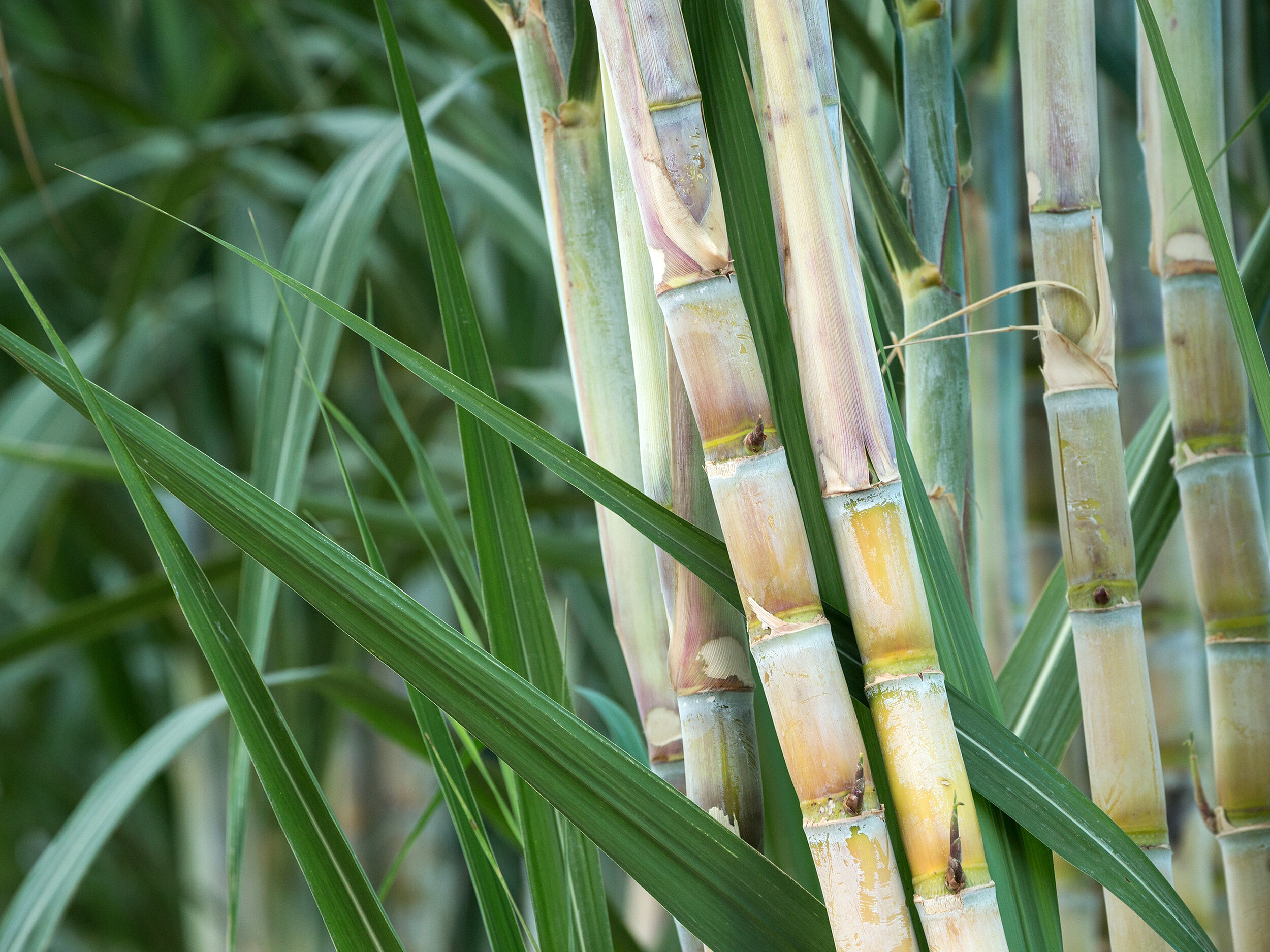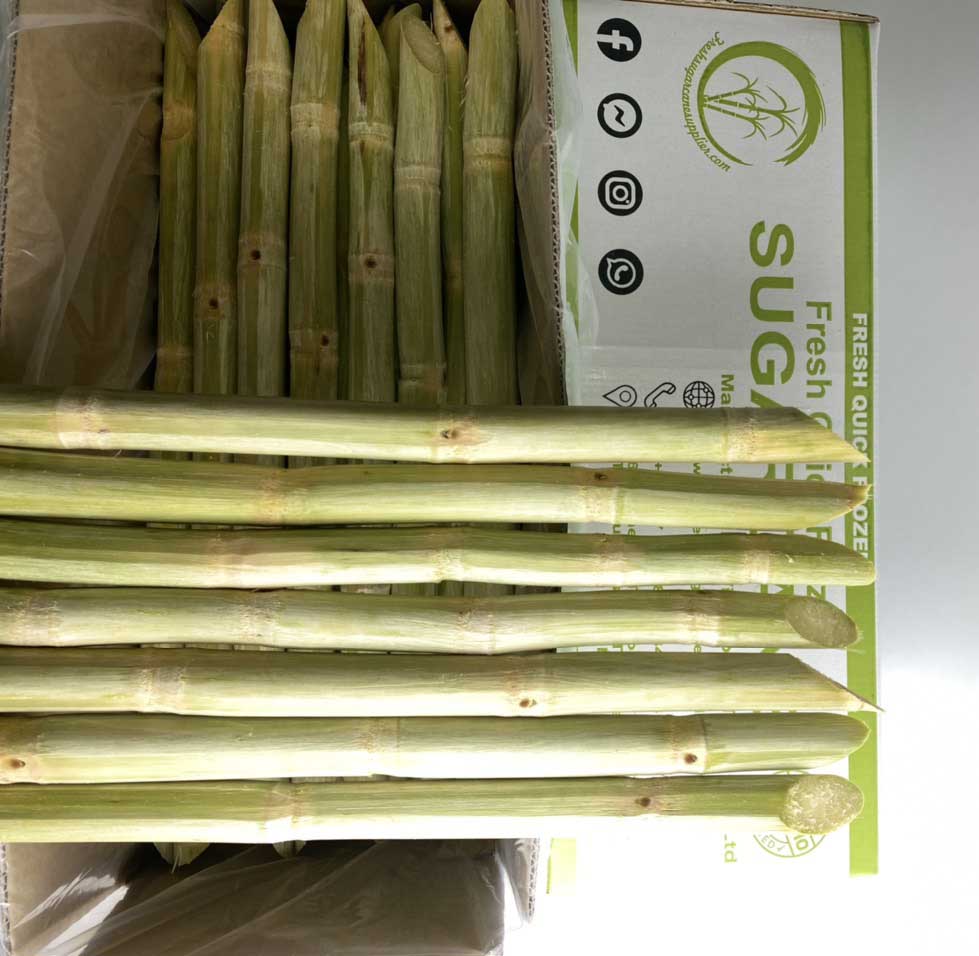Lasting Sugarcane Products: From Sweeteners to Eco-Friendly Item
The possibility of lasting sugarcane products prolongs beyond typical sugar to include an array of eco-friendly items, presenting an engaging situation for their combination right into contemporary consumer practices - sugarcane product. As the world grapples with pushing ecological concerns, sugarcane becomes a flexible source qualified of dealing with both dietary needs and sustainability goals. This discussion will certainly discover how advancements in sugarcane cultivation and handling can bring about significant developments in eco-friendly packaging and eco-conscious textiles. What implications might these developments have for future customer options and ecological influence?
Overview of Sugarcane Sustainability
As the need for eco friendly items grows, comprehending sugarcane sustainability comes to be progressively essential. Sugarcane, a flexible plant, is cultivated mostly in subtropical and exotic regions, and its sustainability is critical for both environmental health and wellness and economic feasibility. Sustainable sugarcane farming techniques concentrate on minimizing environmental influence while making the most of productivity and productivity.
Trick aspects of sugarcane sustainability include reliable land use, lowered chemical input, and improved water management. Practices such as crop rotation, integrated insect administration, and organic fertilization add to soil health and biodiversity. Furthermore, innovative innovations, such as precision farming, aid enhance source use and minimize waste.
Moreover, sugarcane is a renewable energy, with spin-offs that can be made use of in various markets, from biofuels to naturally degradable plastics, thus lowering reliance on nonrenewable fuel sources and decreasing carbon footprints. Accreditations like the Bonsucro standard motivate sustainable methods across the supply chain, promoting transparency and responsibility.

Sugarcane-Based Sugar
Utilizing sugarcane as a main resource, sugarcane-based sweeteners have actually gotten prominence as natural alternatives to refined sugars and sweetening agents (sugarcane product). These sweeteners, stemmed from the removal and processing of sugarcane juice, supply a variety of items that satisfy varied consumer choices, consisting of natural and minimally processed choices
Raw walking cane sugar preserves even more of the natural tastes and nutrients found in sugarcane, making it a preferred option for health-conscious consumers. Panela, a typical Latin American sugar, is created by evaporating sugarcane juice, preserving its natural minerals and vitamins.
The expanding demand for sugarcane-based sugar is driven by enhancing understanding of health and wellness and sustainability problems connected with conventional sugar. By choosing sugarcane-derived items, customers not just support sustainable agricultural methods yet likewise add to a healthier way of life, straightening their nutritional choices with their environmental worths.
Eco-friendly Product Packaging Solutions
Arising as a practical choice to standard plastics, eco-friendly packaging solutions stemmed from sugarcane are transforming the product packaging sector. These ingenious materials provide an eco-friendly alternative that addresses the expanding problems over plastic pollution. Utilizing the all-natural sugars located in sugarcane, suppliers are establishing numerous forms of eco-friendly product packaging, including movies, containers, and covers that decay more quickly than conventional plastics.
The key benefits of sugarcane-based packaging depend on its renewable sourcing and its capacity to break down right into non-toxic results. Unlike fossil fuel-derived plastics, which can continue the environment for centuries, sugarcane packaging commonly decomposes within a few months under correct conditions. This decrease in waste not only mitigates garbage dump overflow yet additionally lowers the carbon footprint connected with packaging materials.
Additionally, sugarcane-derived packaging preserves robust performance qualities, offering similar longevity and functionality to standard choices. As organizations and customers progressively focus on sustainability, the adoption of naturally degradable product packaging options stands for a substantial action in the direction of a round economic situation, where materials are reused and restored instead of thrown out. This shift not just enhances brand name picture but likewise adds to an extra sustainable future for the earth.
Eco-Friendly Textiles and Fabrics
Green fabrics and textiles are getting grip in the style and home goods sectors as customers progressively require lasting choices to traditional products. Among the noteworthy choices are materials originated from sugarcane, which provide an ecologically responsible alternative to artificial fibers. These fabrics are created via a procedure that utilizes the renewable resources located in sugarcane, significantly minimizing reliance on petroleum-based products.

As the market for lasting fabrics increases, consumers can look ahead to cutting-edge designs that combine design with environmental responsibility. Ultimately, green fabrics and materials represent a substantial action toward lowering the fashion sector's environmental footprint while providing to the expanding need for responsible customer choices.
Developments in Sustainable Farming
Reinventing agricultural methods, developments in lasting farming are transforming the method plants are grown and handled. These improvements concentrate on minimizing ecological influence while making the most of performance and efficiency.

Additionally, agroecology, which incorporates environmental principles into farming, advertises biodiversity and soil health. Practices such as crop turning, cover cropping, and intercropping foster resilient environments that can hold up against parasites and climate variants - sugarcane product. In addition, making use of organic plant foods and biopesticides adds Resources to healthier dirts and environments

With each other, these innovations are not only reshaping the agricultural landscape yet additionally adding to an extra sustainable future for sugarcane and various other crops, aligning farming methods with ecological stewardship.
Conclusion
Sustainable sugarcane products stand for a considerable improvement in eco-friendly alternatives, covering from natural sweeteners to eco-friendly goods. As advice customer preferences significantly lean in the direction of sustainable options, the flexibility of sugarcane as an eco-friendly source comes to be increasingly relevant.
The capacity of sustainable sugarcane items extends past conventional sugar to incorporate a variety of eco-friendly products, providing an engaging case for their assimilation into contemporary consumer methods. Sustainable sugarcane farming methods concentrate on decreasing environmental influence while making best use of performance and earnings.
Lasting sugarcane items stand for a significant improvement in environmentally friendly options, extending from natural sweeteners to eco-friendly goods. The cultivation of sugarcane via lasting methods not just improves environmental health and wellness however also contributes to financial stability. As consumer choices significantly lean in the direction of lasting alternatives, the convenience of sugarcane as a sustainable source comes to be significantly appropriate.